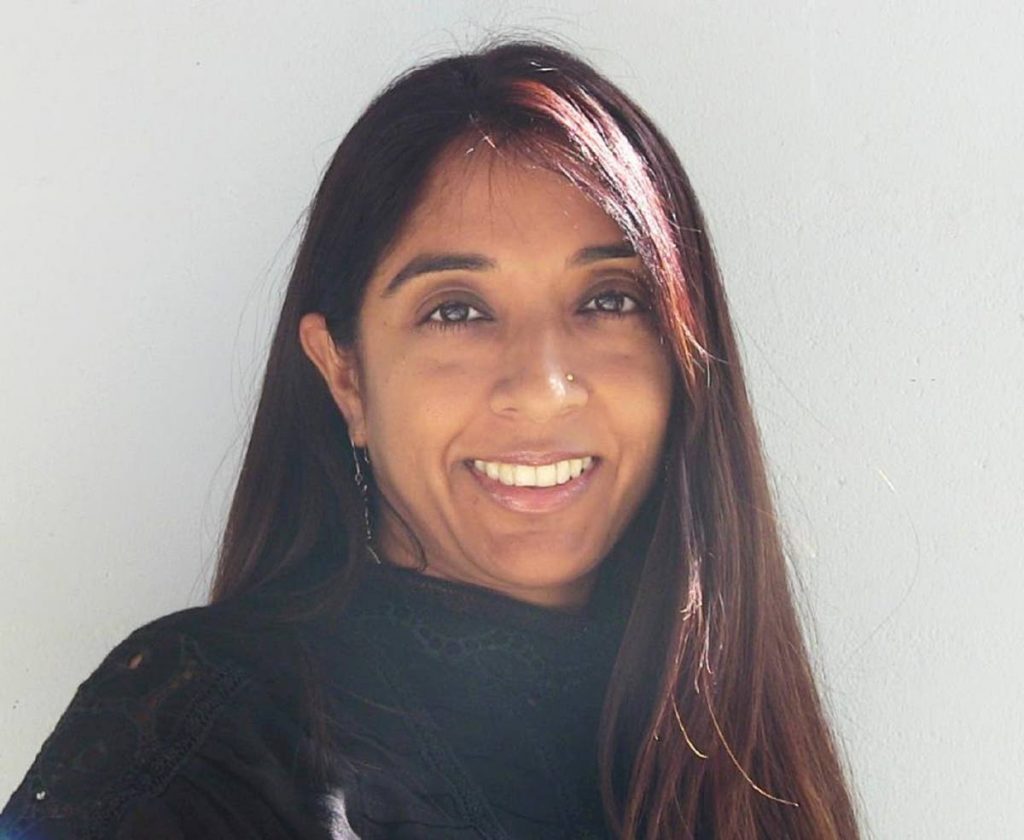Thirty per cent not enough

DR GABRIELLE JAMELA HOSEIN
FOR THREE decades, there have been calls for more equal representation of women in Parliament, our nation’s highest decision-making body. This has never been taken seriously despite ritual lip service to women’s rights and gender equality.
Most citizens just want a leader, regardless of sex, who is committed to fairness and who won’t become corrupt. There’s also significant public scepticism about whether women improve the policies and legislation that are introduced.
We haven’t seen most elected women make transformational differences across the Caribbean. Some have. Billie Miller in Barbados and Gail Teixeira in Guyana fearlessly legalised women’s right to safe termination. Joan Yuille-Williams uniquely championed the draft National Gender Policy, before it was crushed by Patrick Manning, and left without approval to this day.
Often, people also want elected women to exercise greater independence in the face of their political leaders, other men, and the kinds of sexist and homophobic political culture they blithely entrench. Yet, from childhood, women are deeply socialised to conform to and uphold male power and patriarchal standards. They are demonised, stereotyped, discredited and sidelined when they don’t. This operates in Cabinet and Parliament just as much as it does every day in our families, workplaces, places of worship and communities.
Women and men are socialised by and often share the same beliefs, but face different and unequal risks for challenging them. Simply being a woman in public life is a risk, and given the authoritarian style of party leaders, women are much more likely to tow the party line and to prove their loyalty, a quality long associated with femininity.
Last week, I highlighted victim-blaming by the PNM Women’s League, and their defence of violent masculinity. As Colin Robinson pointed out on Sunday, such loyalty may also extend to being a “respectable” mouthpiece for sexist and homophobic politics on the hustings, rather than opting to “go high” as women across party divides.
Women are also likely to prioritise respectability that other powerful men, such as those controlling religious constituencies, will accept. For to do otherwise is peril. My deep disappointments about Kamla Persad-Bissessar were, among others, that she failed to end legal child marriage, approve a national gender policy, and create a Children’s Act that wasn’t discriminatory, all to keep patriarchal religious leadership on side the UNC.
Will this election bring any change? What do voter trends and predictions regarding “marginal” constituencies mean for women’s leadership and gender equality?
The PNM is fielding 14 women candidates. With expected wins in Arima, Arouca/Maloney, St Ann’s East, Tobago West and D’Abadie/O’Meara, they can count on five women on the PNM side. Tobago East is being contested by Watson Duke so Ayana Webster-Roy may or may not make the sixth.
None of these are Indian women, which speaks to this group’s lower inclusion in the party as well as the fact that five of them are being fielded in constituencies they can’t win: Siparia, Oropouche West, Fyzabad, St Augustine, Couva North, Chaguanas West, and Princes Town.
Of the 14 women candidates, eight are sacrificial lambs. Indeed, one can argue that women candidates were primarily placed in losing seats. This is typical globally, and is also one of the reasons for women’s lower levels of public office.
The UNC is fielding 12 women candidates. Of these, four are likely wins: Chaguanas East, Siparia, St Augustine and Tabaquite. Three are not clear: La Horquetta/Talparo, Moruga/Tableland, and Toco/Sangre Grande. There’s ethnic mix among those who can win. The five put in unwinnable seats are mainly non-Indian.
If these numbers hold, nine women will be in the Lower House, with possibly four more. Together, at the most, that makes 13 of 41, or 32 per cent. Of these, two will be Indian women, far fewer than either their numbers or qualifications deserve, suggesting a complex mix of racialised and gendered push-and-pull factors at play.
Increasing the numbers of women in politics remains a symbolic and substantive goal. Women, who are half of the population, deserve to be more than one-third of decision-makers, particularly in a country where they have dominated tertiary education for the last 20 years, and are certifiably more qualified by the thousands. If men historically hit this glass ceiling up to today, there would be a national outcry about entrenched male marginalisation.
For women to advance greater gender equality and social justice in policy, law and society, as we hope they will, Caribbean scholarship shows they need a critical mass of much more than 30 per cent, they need the freedom to vote by conscience rather than in ways beholden to a political leader, and they need a groundswell of citizens and male political allies, for whom equality, inclusion, non-discrimination and human rights matter, to be the wind beneath their wings. This election will not achieve that, illuminating the limits of our democracy.
Diary of a mothering worker
Entry 385
motheringworker@gmail.com


Comments
"Thirty per cent not enough"